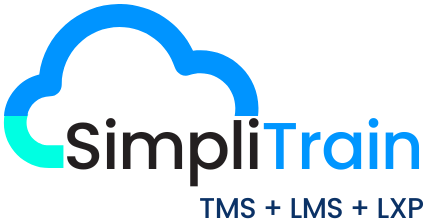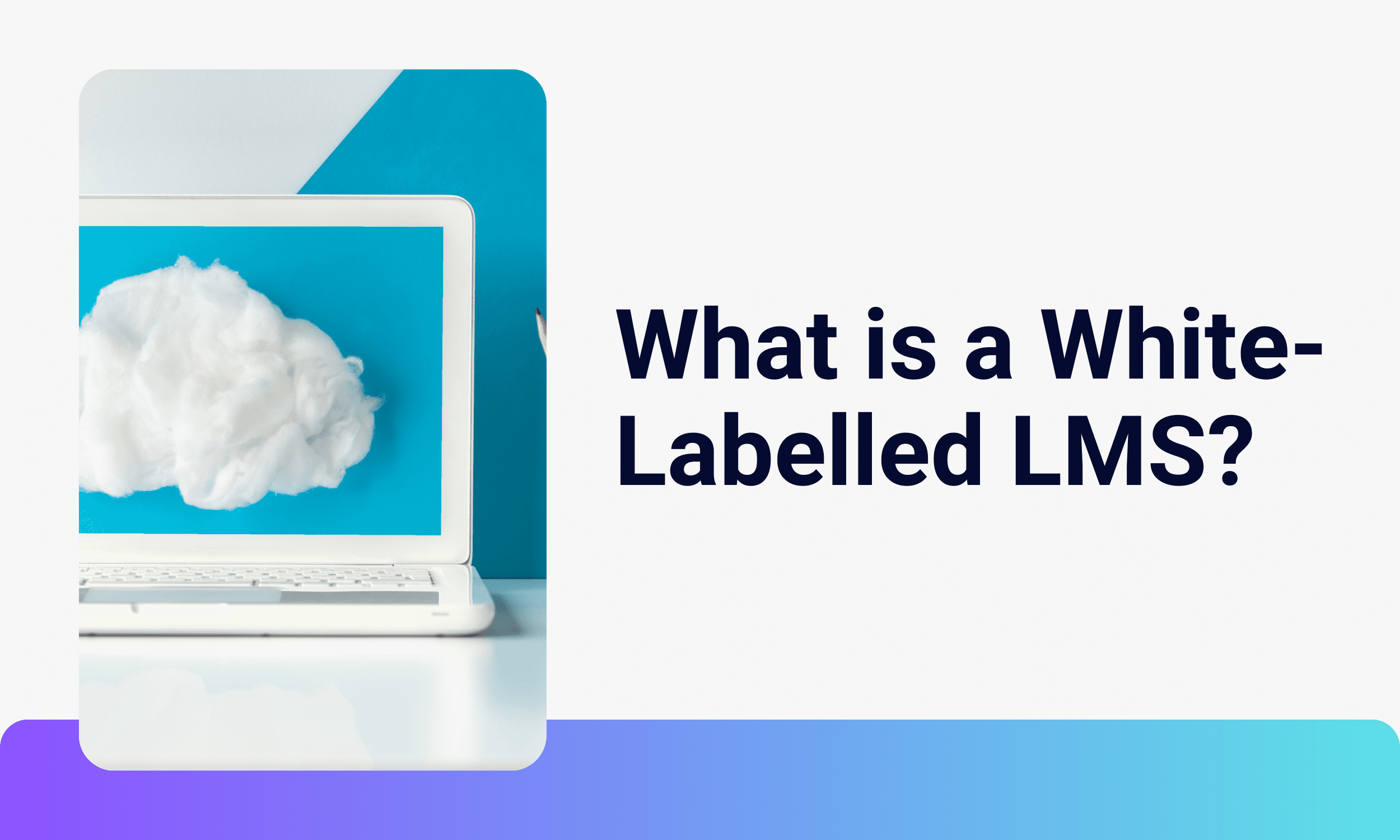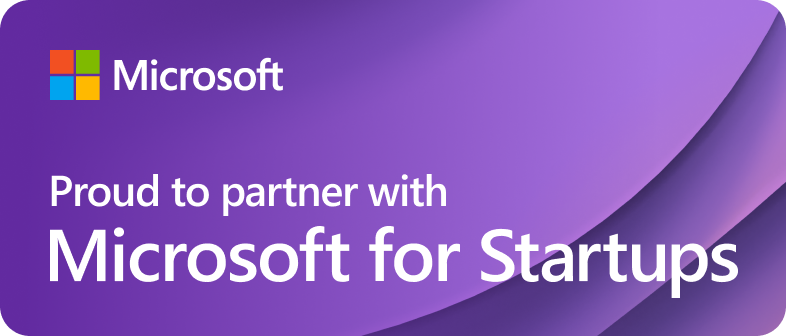A White-Label LMS (Learning Management System) platform is a customizable software solution that allows organizations to deliver, manage, and track educational content and training programs under their brand. Unlike standard LMS platforms that often come with fixed branding and features, a White-Label LMS platform can be tailored to reflect the unique identity and requirements of an organization, providing a seamless and cohesive user experience.
The Basics of a White-Label LMS Platform
A White-Label LMS platform is designed to offer flexibility and customization. Organizations can modify the interface, incorporate their logos, color schemes, and branding elements, and even add or remove features to better suit their needs. This level of customization ensures that the learning environment aligns perfectly with the organization’s brand and training objectives.
Key Components of a White-Label LMS Platform
- Customization: The primary feature of a White-Label LMS platform is its high level of customization. This allows organizations to create a branded learning experience that aligns with their identity and enhances brand recognition among users.
- Scalability: A White-Label LMS platform is scalable, meaning it can grow with the organization. Whether an organization is training a small team or a large workforce, the platform can be adjusted to accommodate varying numbers of users.
- Content Management: Effective content management is a crucial aspect of any LMS platform. A White-Label LMS platform enables organizations to create, upload, organize, and manage their educational content efficiently.
- User Management: This feature allows administrators to manage users, assign roles, track progress, and monitor performance within the LMS. It is essential for ensure that the training programs are effectively delivered and received.
- Analytics and Reporting: A White-Label LMS platform provides detailed analytics and reporting tools that help organizations measure the effectiveness of their training programs. These insights can be used to make data-driven decisions and improve the learning experience.
Benefits of a White-Label LMS Platform
There are numerous benefits to using a White-Label LMS platform, including:
- Brand Consistency: By customizing the LMS to reflect their brand, organizations can ensure a consistent brand experience for their learners.
- Enhanced Engagement: A familiar and branded learning environment can increase learner engagement and motivation.
- Cost-Effective: White-Label LMS platforms can be more cost-effective than developing a custom LMS from scratch, as they offer customization without the need for extensive development resources.
- Flexibility: Organizations can adapt the White-Label LMS platform to meet changing needs and requirements, ensuring that the platform remains relevant and effective over time.
Types of White-Label LMS Platforms
White-Label LMS platforms come in various forms, each catering to different organizational needs and goals. Some common types include:
- Corporate Training LMS: Designed for businesses to train employees, partners, and customers. This type of White-Label LMS platform focuses on corporate training needs and typically includes features for compliance training, professional development, and onboarding.
- Educational LMS: Aimed at educational institutions, this type of White-Label LMS platform supports academic learning and can be customized to reflect the institution’s branding and pedagogical approaches.
- Association LMS: Designed for member-based organizations, this White-Label LMS platform helps associations deliver educational content to their members, enhance member engagement, and track continuing education credits.
Challenges of a White-Label LMS Platform
Despite its many benefits, a White-Label LMS platform also presents certain challenges:
- Implementation Complexity: Customizing and implementing a White-Label LMS platform can be complex and may require technical expertise.
- Ongoing Maintenance: Regular updates and maintenance are necessary to keep the platform running smoothly and to ensure that it remains aligned with the organization’s evolving needs.
- Cost Considerations: While more cost-effective than building a custom LMS, a White-Label LMS platform still involves initial setup costs and ongoing expenses for customization and support.
Conclusion
A White-Label LMS platform offers organizations the ability to deliver a branded and customized learning experience that aligns with their unique identity and training goals. With features such as scalability, content management, user management, and analytics, a White-Label LMS platform provides a flexible and effective solution for various training needs.
Introducing SimpliTrain’s White-Labeling Capability
For organizations looking for an all-encompassing training solution, SimpliTrain offers a comprehensive 3-in-1 platform that includes LMS, TMS (Training Management System), and LXP (Learning Experience Platform) features. This unified platform not only delivers the benefits of a White-Label LMS but also integrates advanced training management and personalized learning experiences, making it an ideal choice for modern organizations.
Reach out to us to learn more.Want to learn more?



